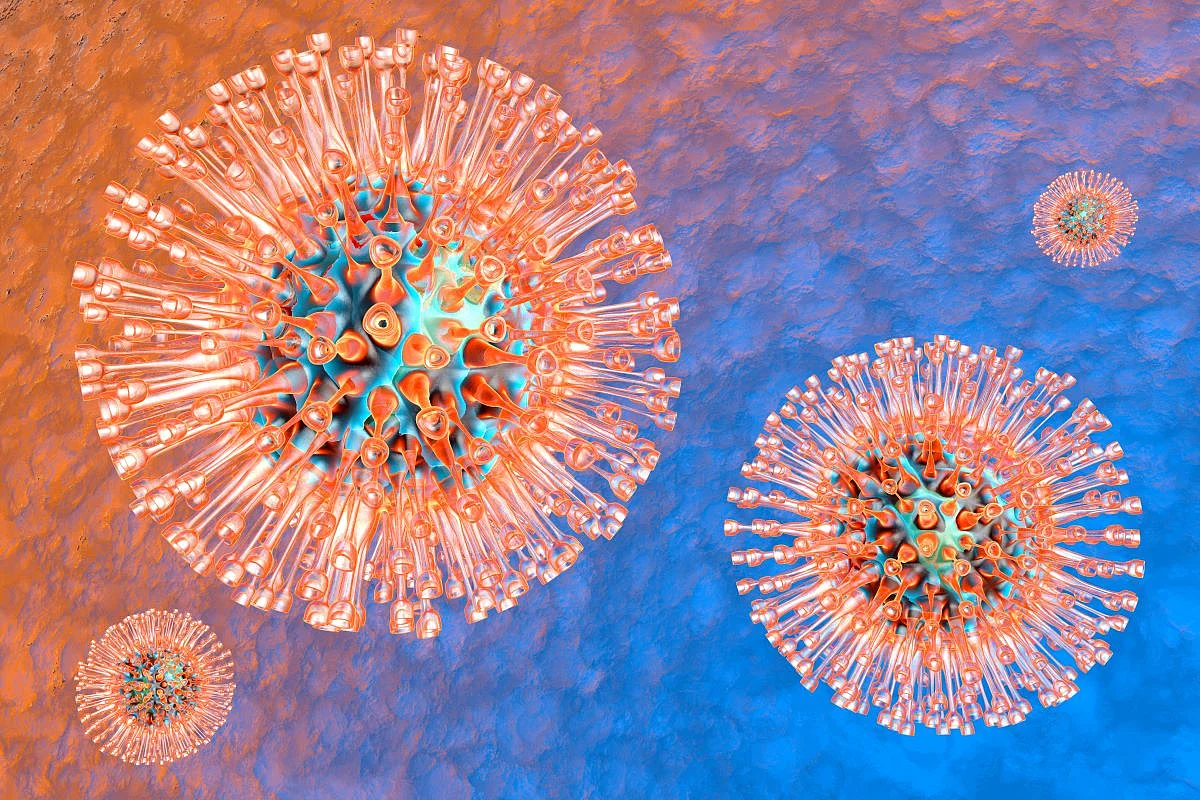More Evidence Bolsters the Oral Herpes and Alzheimer’s Link
By Dennis Thompson HealthDay Reporter
TUESDAY, Jan. 7, 2025 -- That cold sore on your lip might be painful and unsightly, but it could also be a harbinger of debilitating brain aging.
The oral herpes virus appears to be linked with Alzheimer’s disease, suggesting that the common infection might play a role in the disease, a new study published in the journal Cell Reports says.
Herpes simplex virus 1 -- the virus behind oral herpes -- appears to trigger the appearance of tau protein in the brain, researchers say.
This tau might initially protect the brain from the virus, but contribute to brain damage later.
“Our study challenges the conventional view of tau as solely harmful, showing that it may initially act as part of the brain’s immune defense,” senior researcher Or Shemesh, an assistant professor of ophthalmology with the University of Pittsburgh, said in a news release from the college.
Between 50% to 80% of U.S. adults have oral herpes, according to Johns Hopkins Medicine. About 90% of adults have been exposed to the HSV-1 virus by age 50.
For this study, researchers identified HSV-1-related proteins in samples taken from the brains of Alzheimer’s patients.
They found greater amounts of HSV-1 proteins among tau tangles, the clotted twists of tau protein which are known as one of the hallmarks of Alzheimer’s disease.
Doctors then created miniature cell models of human brains in Petri dishes, to study the effect of the virus on brain cells.
The results indicated that an HSV-1 infection can affect levels of tau protein in the brain, with tau acting to protect nerve cells from dying as a result of the infection.
“These findings emphasize the complex interplay between infections, immune responses and neurodegeneration, offering a fresh perspective and potential new targets for therapeutic development,” Shemesh concluded.
However, it’s still not clear how herpes virus influences tau protein, and why tau can turn from protective to destructive in some brains, researchers noted.
The research team plans to test drugs that target viruses or fine-tune the brain’s immune response, to see whether they can lower risk of Alzheimer’s or other degenerative brain disorders like Parkinson’s disease or ALS.
Sources
- University of Pittsburgh, news release, Jan. 2, 2025
Disclaimer: Statistical data in medical articles provide general trends and do not pertain to individuals. Individual factors can vary greatly. Always seek personalized medical advice for individual healthcare decisions.
© 2025 HealthDay. All rights reserved.
Posted January 2025
Read this next
Psychotherapy Might Be Key Treatment For Low Back Pain
TUESDAY, Aug. 12, 2025 — A type of psychotherapy appears to provide long-lasting relief for people suffering from chronic low back pain, a new clinical trial says. Back...
Tiny Traces of Lithium May Help Protect the Brain From Alzheimer’s
FRIDAY, Aug. 8, 2025 — Tiny amounts of lithium — a natural metal — may help protect the brain from Alzheimer’s and signs of aging, new research...
CDC Warns Travelers After 8,000+ Chikungunya Cases Reported in China
FRIDAY, Aug. 8, 2025 — Health officials in China are reporting more than 8,000 cases of chikungunya, a virus spread by mosquitoes that can cause fever and painful...
More news resources
- FDA Medwatch Drug Alerts
- Daily MedNews
- News for Health Professionals
- New Drug Approvals
- New Drug Applications
- Drug Shortages
- Clinical Trial Results
- Generic Drug Approvals
Subscribe to our newsletter
Whatever your topic of interest, subscribe to our newsletters to get the best of Drugs.com in your inbox.

